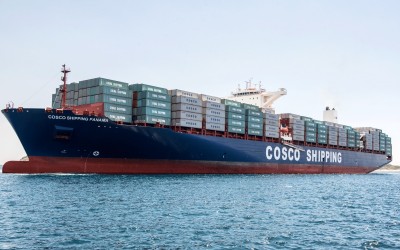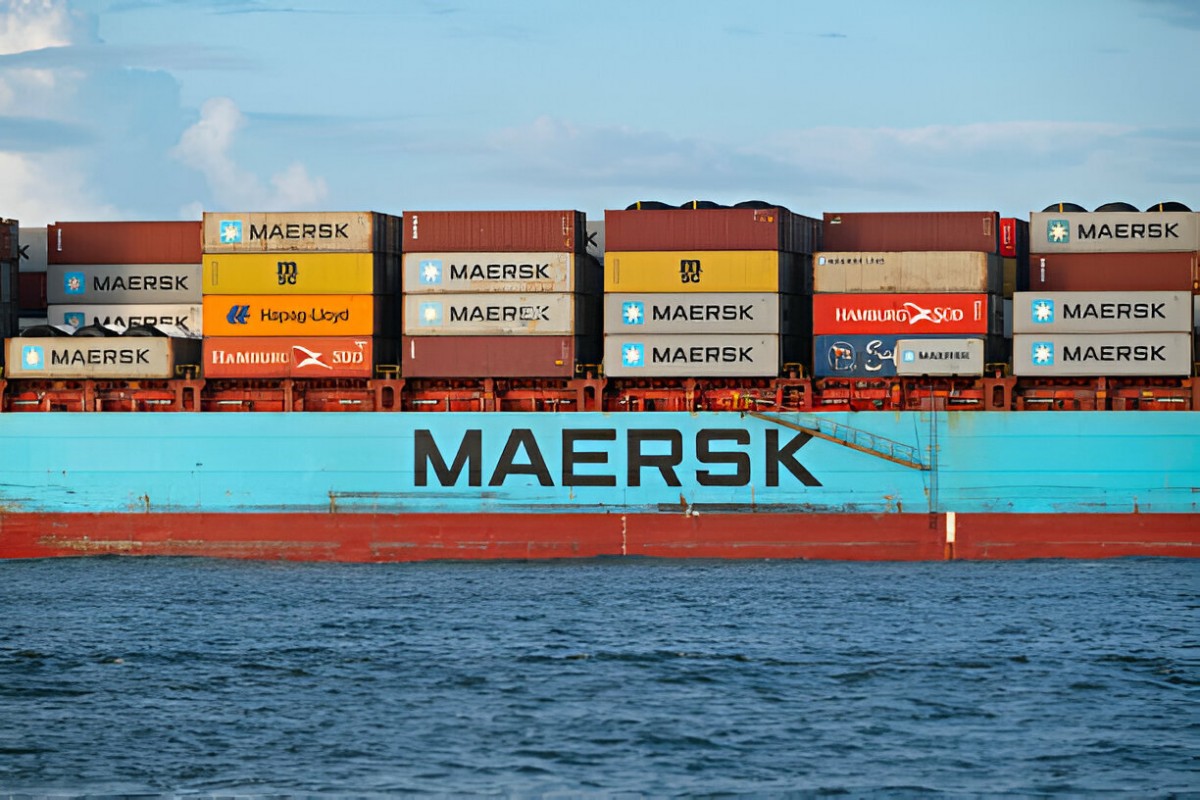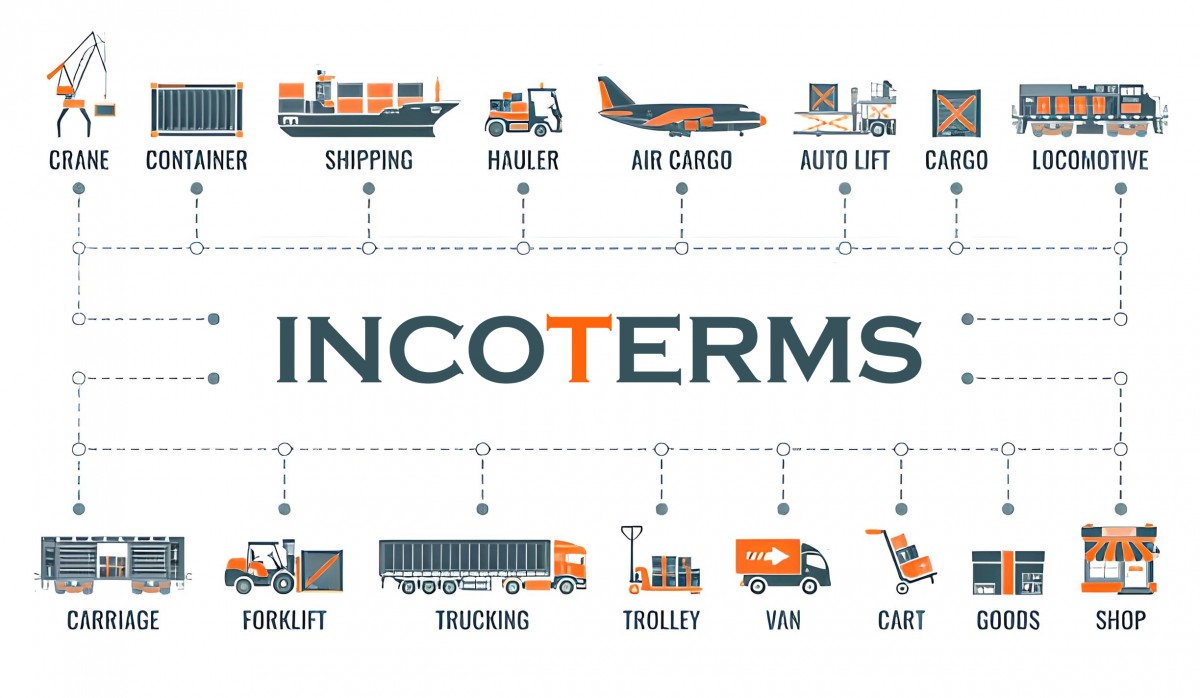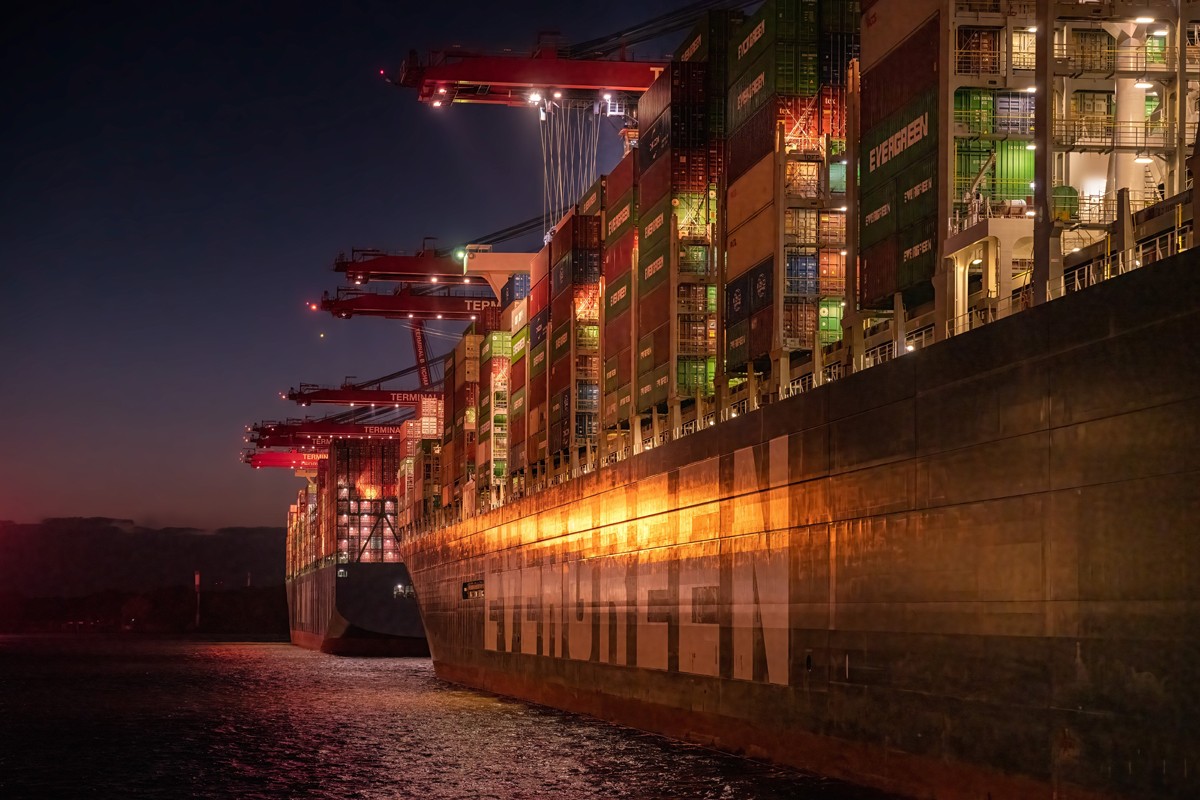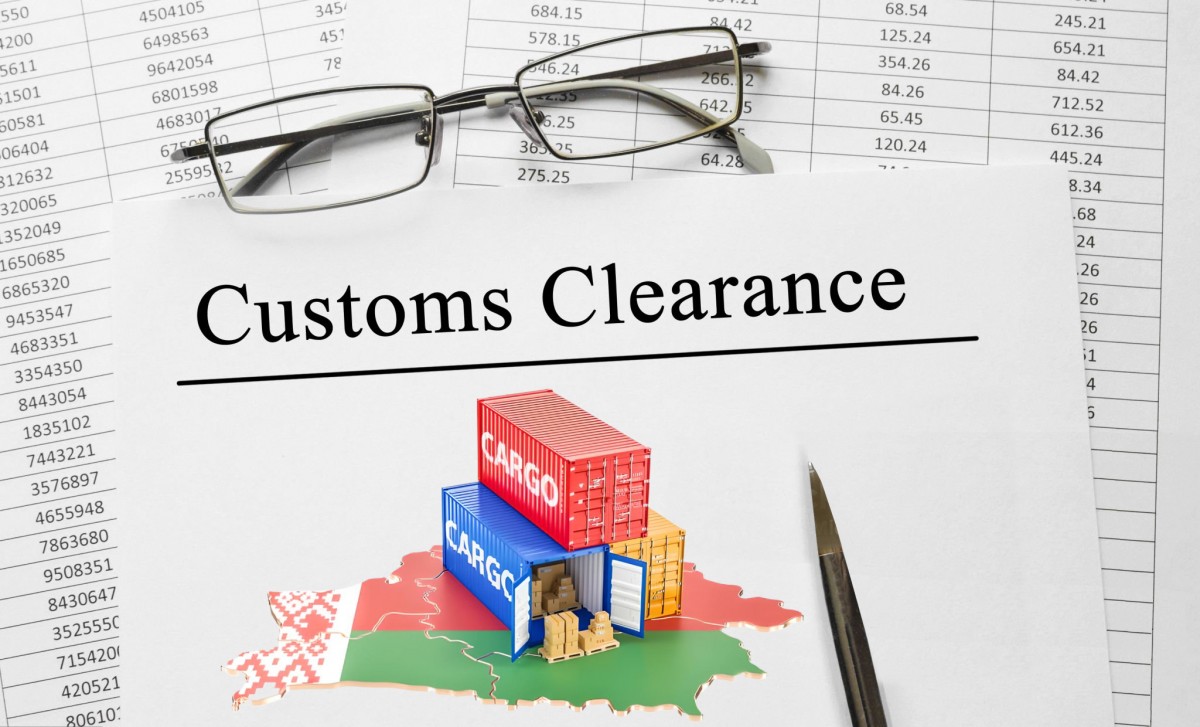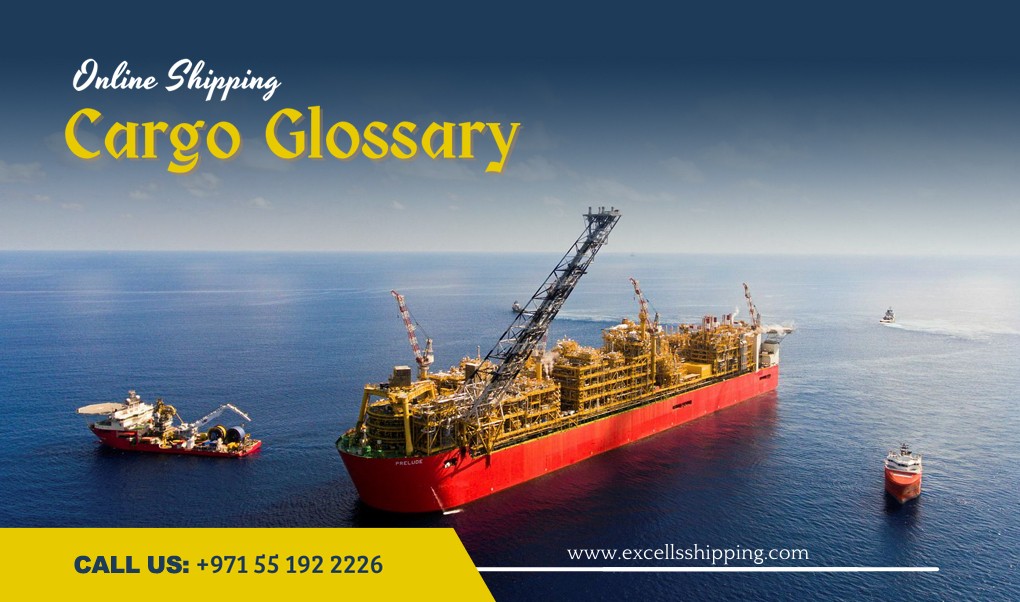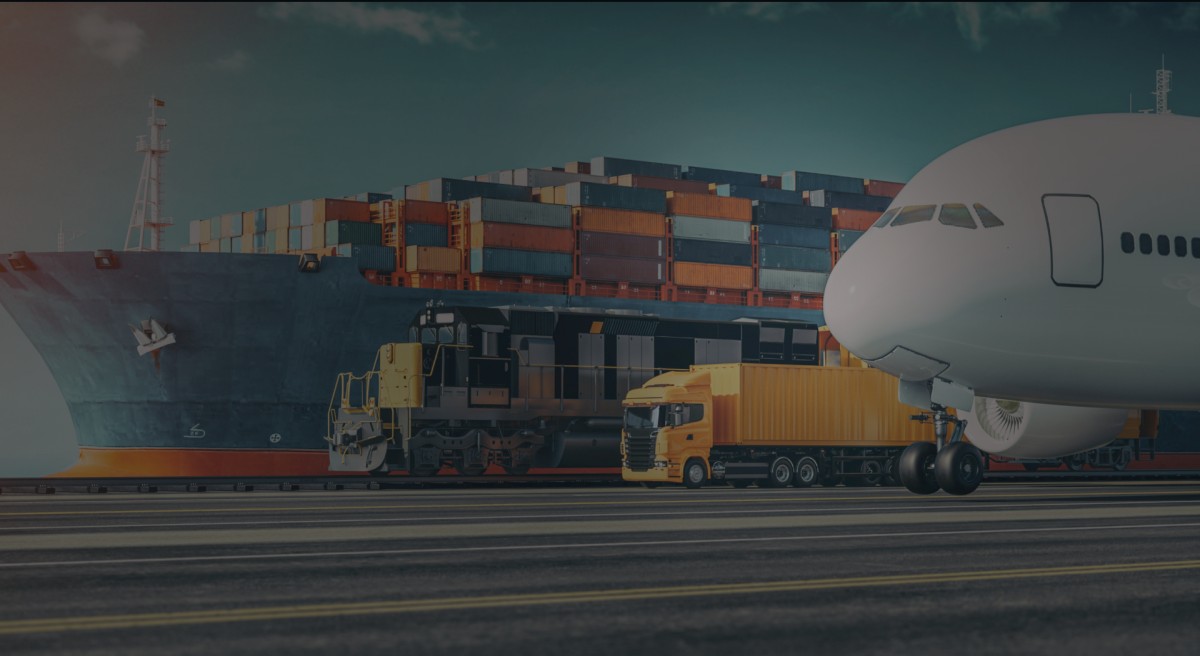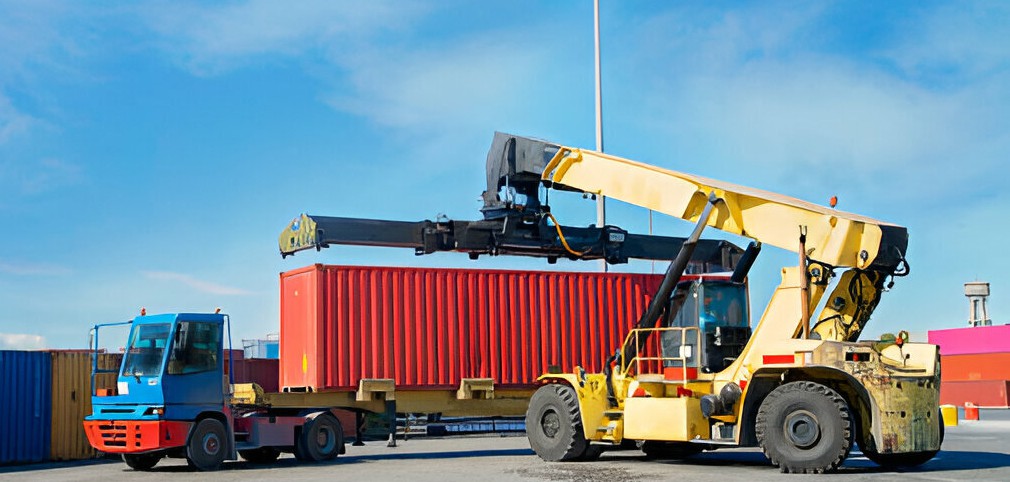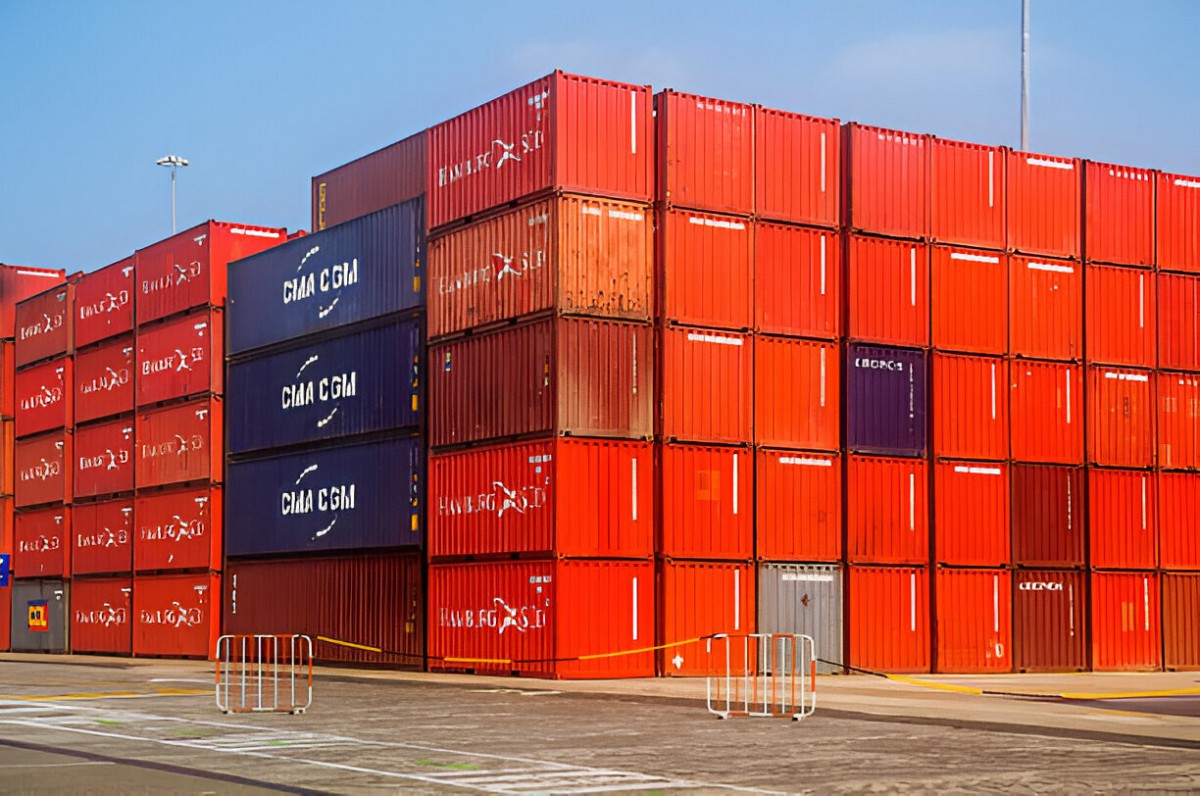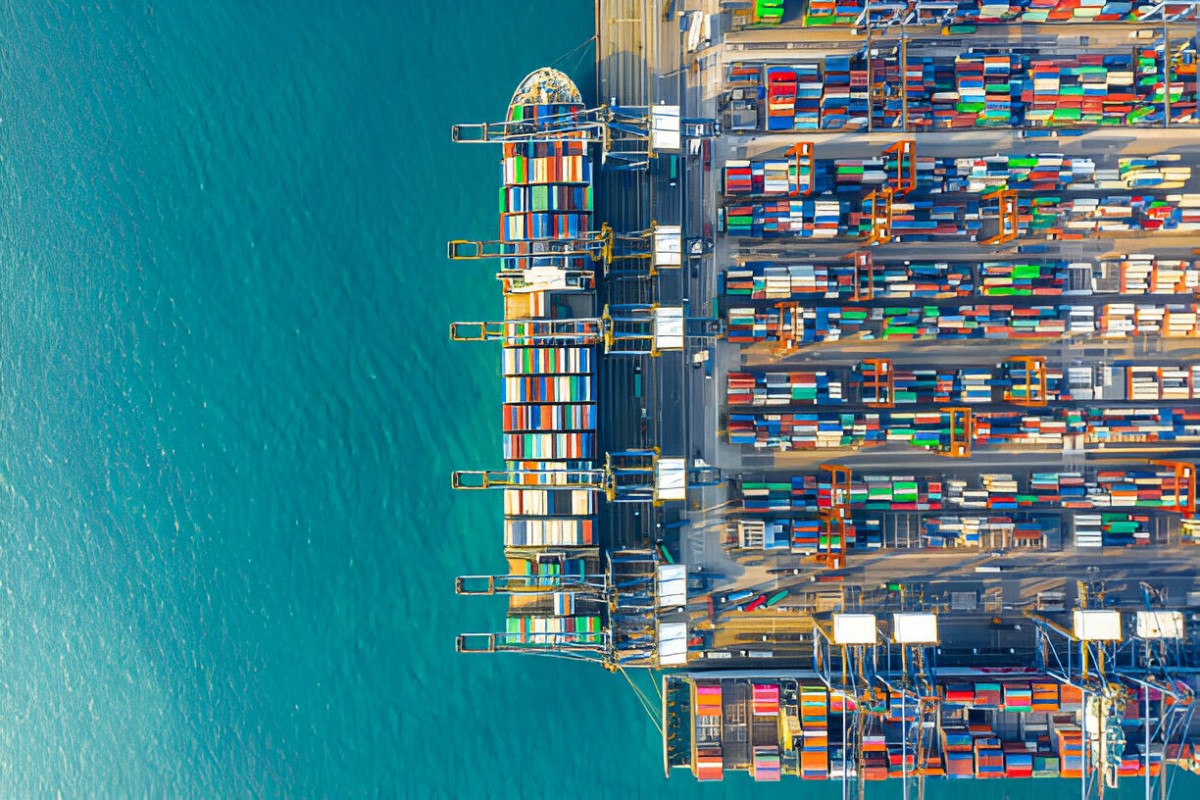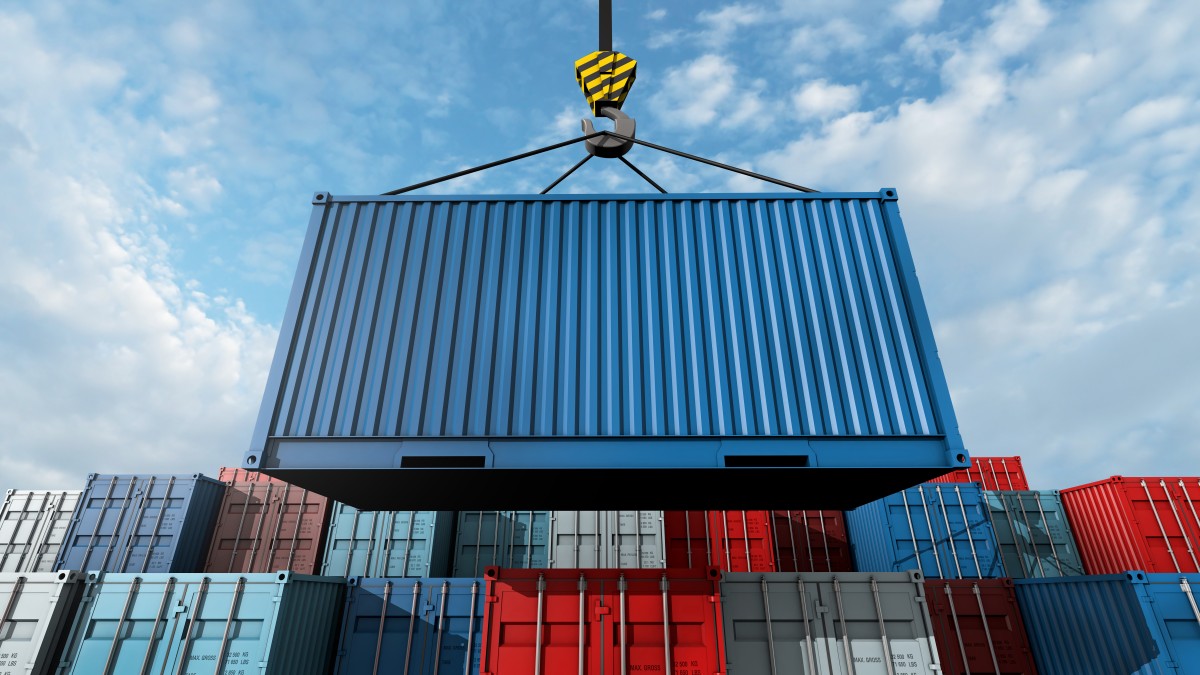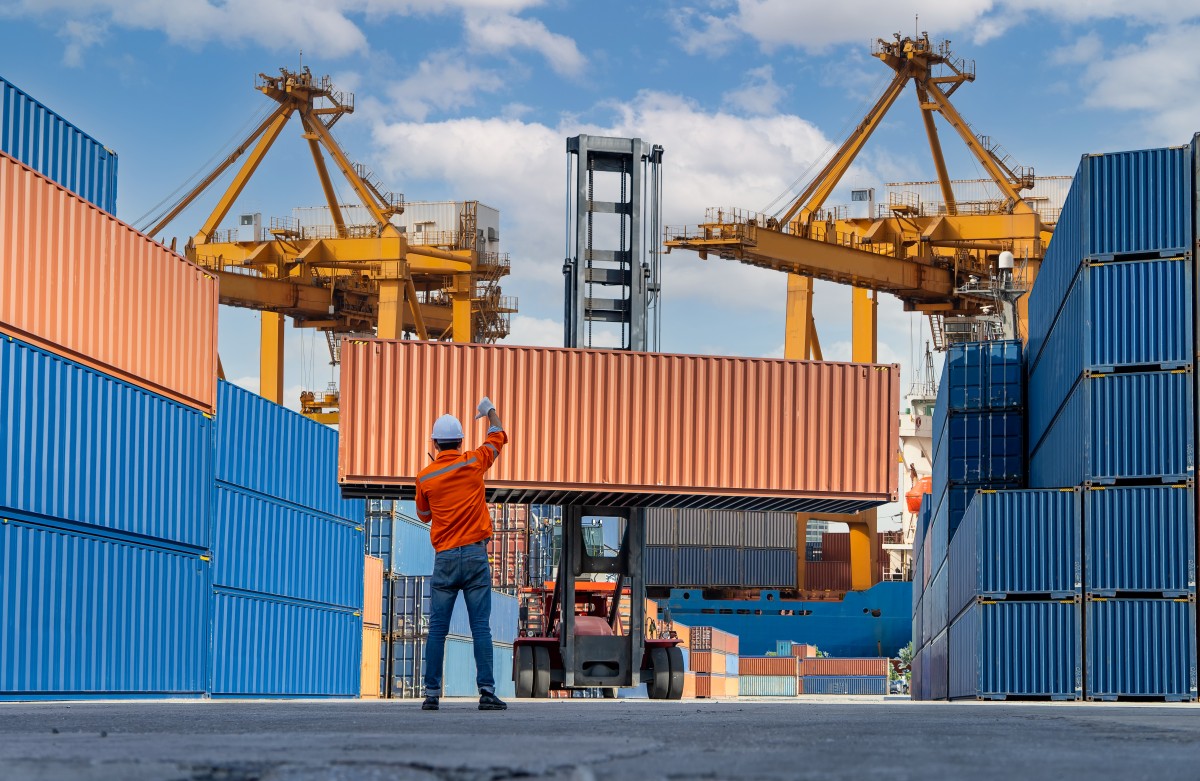In the world of international trade, knowing customs terms is not just an advantage – it’s a necessity. Whether you are importing or exporting goods, understanding these key documents and processes will help you move faster, avoid extra costs, and reduce delays at customs.
In this article, we explain 7 essential customs terms that every trader must be familiar with.
1. Certificate of Origin (CO)
The Certificate of Origin is an official document that states in which country the goods were manufactured or processed. Its importance lies in:
- Determining the applicable customs duties and tariffs
- Taking advantage of preferential trade agreements
- Providing transparency for legal import and export processes
Simply put, it shows where your product really comes from.

2. Proforma Invoice
A Proforma Invoice is a preliminary invoice issued by the seller before the actual transaction takes place. It includes details such as:
- Type and description of the goods
- Unit price and total price
- Terms of payment and delivery
This document is mostly used during the negotiation phase or when applying for approvals from banks or government authorities.
3. Commercial Invoice
The Commercial Invoice is one of the most important documents in shipping and customs clearance. Issued by the seller, it specifies the exact details of the goods and their value.
Customs authorities use this invoice to calculate duties and taxes. Without it, clearance of the goods is not possible.
4. Strip
Strip refers to the process of unloading cargo from a container at the destination or warehouse. This is common when several shipments belonging to different consignees are packed into a single container and need to be separated upon arrival.
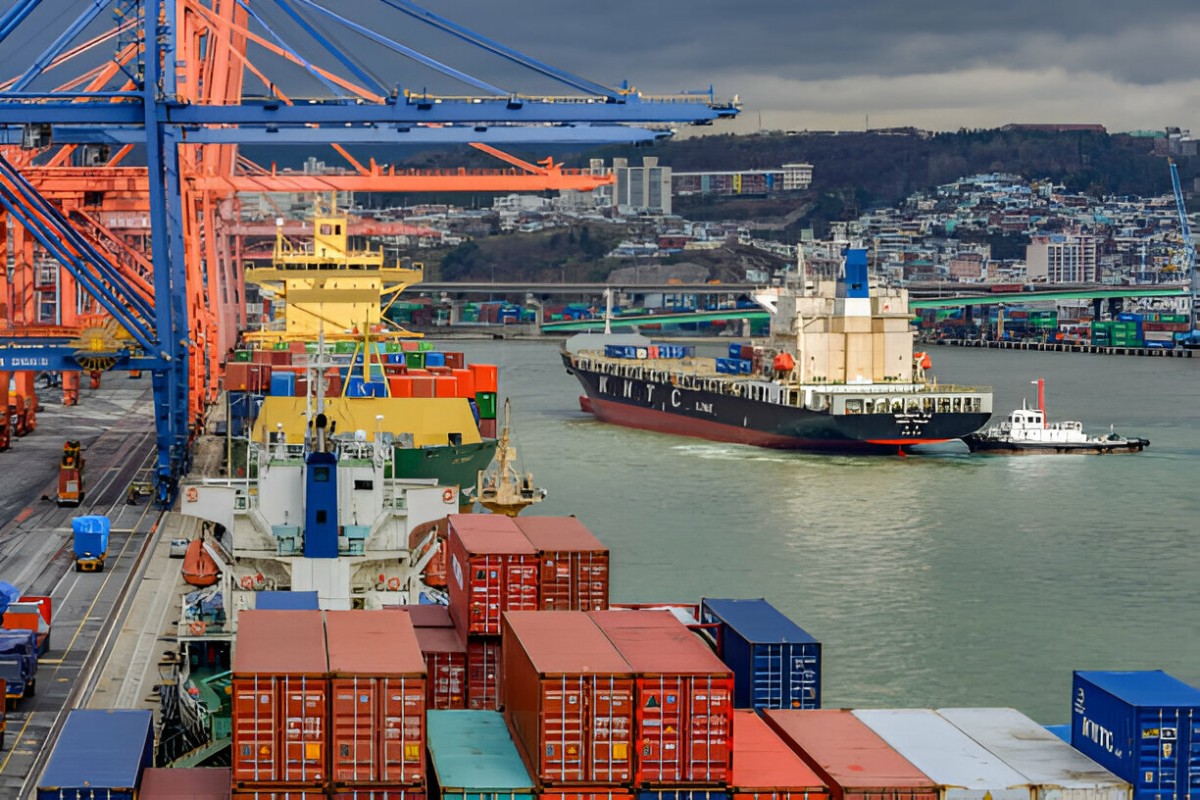
5. Stuffing
On the other hand, Stuffing is the proce ss of loading cargo into a container for sea or land transport. Proper stuffing is critical for reducing transport costs and preventing damage to the goods during transit.
6. Bill of Lading (B/L)
The Bill of Lading (B/L) is one of the most crucial shipping documents. Issued by the carrier, it serves as:
- A receipt confirming that the goods have been received for shipment
-
A contract of carriage between the shipper and the carrier
- A document of title to the goods during transportation
Without a Bill of Lading, no shipment can be tracked or delivered.
7. Delivery Order (D/O)
A Delivery Order (D/O) is issued by the carrier and allows the consignee to collect the goods from the port or customs warehouse.
It represents the final step in the shipping process, transferring the cargo from the carrier to the rightful owner.
Conclusion
Understanding these 7 basic customs terms is like learning the alphabet of international trade. Without them, you risk delays, unexpected costs, and even legal issues in your import or export operations.
🚢 At Novex Shipping LLC in Dubai, we handle everything for you — from the Bill of Lading to the Delivery Order — ensuring smooth logistics and customs clearance. If you’re looking for a trusted partner in international shipping, you can count on us.
📍 Dubai, Al Khaleej Street, Port Hamriyah, Nakita Building
✉️ This email address is being protected from spambots. You need JavaScript enabled to view it.
🌐 www.novexshipping.com
⭐️ Novex Shipping – Your Trusted Freight Forwarder





